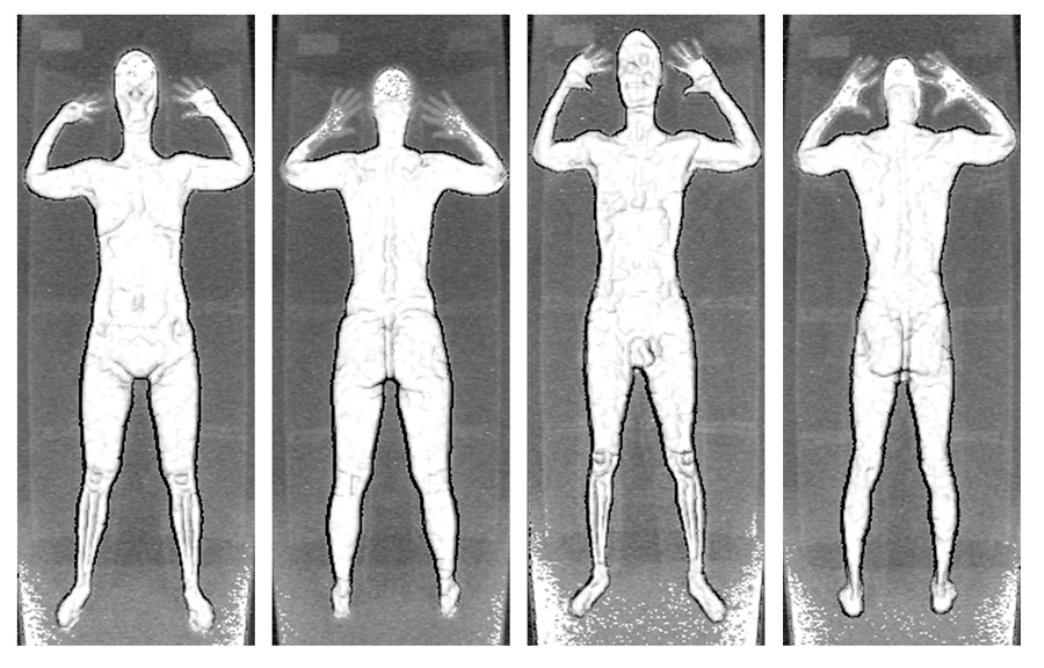San Antonio public schools plan to make students wear radio tracking beacons
Unless the school board changes its mind, public school students at Jay High School and Jones Middle School in San Antonio, Texas, will be required to wear ID badges containing RFID chips (radio tracking beacons broadcasting unique ID numbers) when they come back to school next week.
Each of these schools has installed an array of “100 or more” RFID readers so that students’ movements can be tracked whenever and wherever they are on school premises. [Update: Interviewed on the Katherine Albrecht radio show, the president of the company supplying the equipment says that the chips have a read range of 70 feet, and that there are readers at least every 100 feet in the schools as well as in school buses.] To make sure students actually carry their RFID badges, they’ll have to use them for all purchases of school lunches as well as for mandatory attendance checks.
This will be one of the first times that anyone in the U.S. who isn’t a prisoner or a government employee or contractor has been compelled by any government agency to carry an RFID chip.
Tonight the elected Board of Trustees of San Antonio’s Northside Independent School District is hearing from students, parents, and other community members opposed to the RFID tracking scheme.
At the same time, a coalition of privacy and civil liberties organizations and experts including the Identity Project has issued a Position Paper on the Use of RFID in Schools calling for a moratorium on the use of the RFID chips for tracking of people. The position paper thus reiterates a point made by many of the same signatories in a 2003 Position Statement on the Use of RFID on Consumer Products. “RFID must not be used to track individuals absent informed and written consent of the data subject,” according to the 2003 statement.
Compulsory tracking by a government agency (a public school district) of the movements of individuals who cannot opt out or withdraw consent, and who are required to be in the school building where RFID readers have been deployed, is a worst-case scenario of how RFID technology shouldn’t be used.
